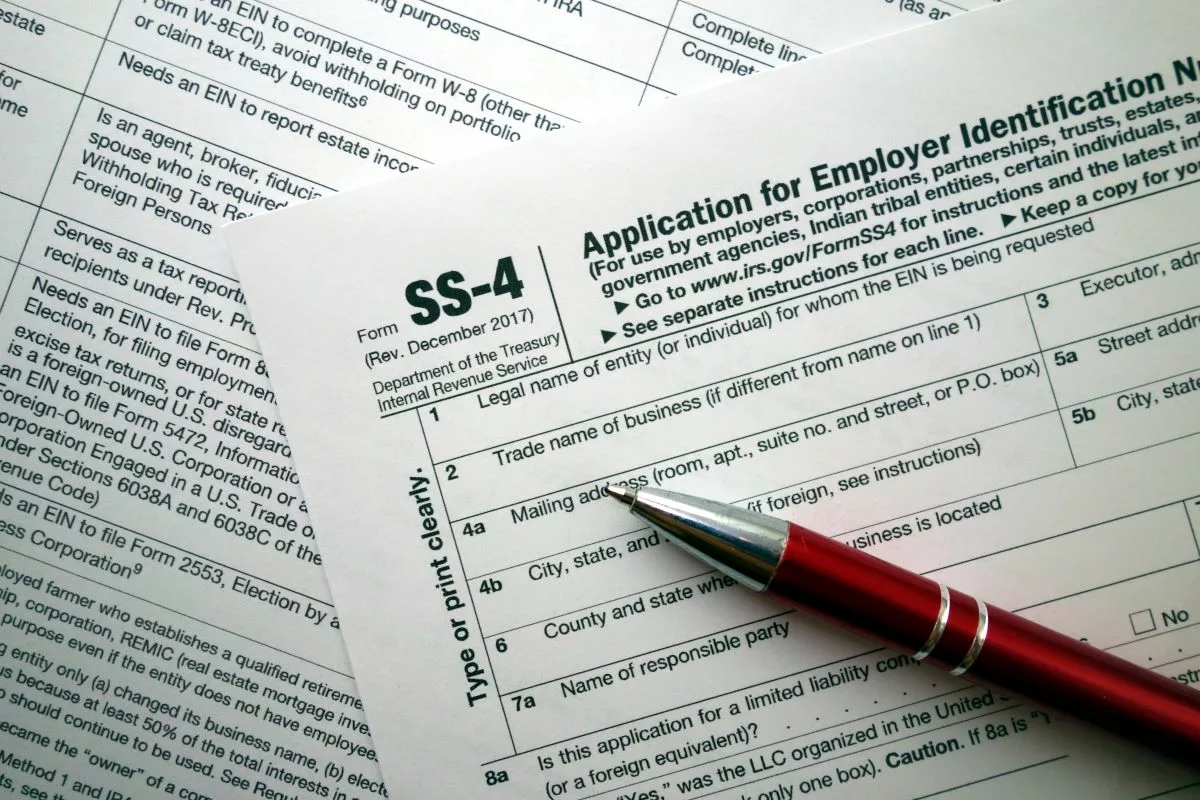Farming is not just a way of life. It is one of the cornerstones of our economy. For farmers who spend a huge chunk of their time toiling the fields, it doesn’t appear easy to navigate through the complexities of the tax system. And that’s exactly where the Farmer Tax Guide – including some special federal income tax credits – comes in.
This article explores all you need to know about the farmer tax credit, eligibility requirements, documentation needed, and how to apply for this income tax credit. Whether you’re a professional farmer or a newcomer looking to optimize your tax strategy, this article is curated for you.

What Is the Farmer Tax Guide?
The Farmer Tax Guide is a special federal income tax credit provided to farmers, ranchers, and other agricultural businesses in the US. This credit is issued by the Internal Revenue Service (IRS) to lower the taxes owed.
The guide provides information on how farmers should report their income, including income from crop sales, livestock sales, and other farming activities. But it also explains how farmers can take advantage of tax credits, tax deductions and depreciation rules for farm equipment, buildings, and other assets.
The Farmer Tax Guide is updated annually to reflect tax laws and regulations changes.
What Are Income Tax Credits?
Income tax credits are a financial incentive provided to individuals by the US Government to reduce the amount of taxes owed. Income tax credits are specially designed to lower the taxes you owe, unlike tax deductions, which reduce your taxable income.
In essence, income tax credit provides financial relief to taxpayers. Common examples include:
| Earned income tax credit (EITC) | – Targeted at low-to-moderate-income families and individuals – Provides credit based on earnings |
| Child Tax Credit | – Available to taxpayers with qualifying dependent children – Reduces tax liability |
| Small Business Tax Credits | – Available to small businesses to incentivize investment activities and employee hiring |
| Solar Energy Credits | – Aimed at individuals and businesses that wish to invest in renewable energy systems in their homes and facilities |
| Electric Vehicle Tax Credits | – Available to taxpayers who purchase an electric plug-in vehicle for their use |
The availability and eligibility criteria for income tax credits vary widely, so it’s essential to consult the Internal Revenue Service (IRS) guidelines.
Who Is Considered a Farmer in the US?
You are considered a farmer in the US if you cultivate, operate, or manage agricultural land for profit, either as an owner or tenant.
Discover 4 Federal Tax credits Available to Farmers
Here are 4 key federal tax credits you should take advantage of if you are a farmer:
1. Agricultural Conservation Easement Program (ACEP)
The Agricultural Conservation Easement Program (ACEP) is a special program that helps landowners, land trusts, and other entities protect and enhance wetlands. It also protects working farms and ranches through a conservation easement.
A conservation easement is a voluntary, legal agreement that permanently reduces land uses to protect conservation values. Farmers who directly participate in the ACEP by placing some of their land under conservation easement may be eligible for income tax benefits.
The ACEP is powered by the National Resources Conservation Service (NRCS), a US Department of Agriculture division.
To be eligible for the ACEP tax credits, you must:
- Have an official tax ID or employer ID
- Have a property deed or lease agreement to show you have control of the property
- Have a farm tract number. If you don’t have a farm tract number, you can always apply for it at the local USDA Farm Service Agency office
Visit the local NRCS office, which is usually the same office as the Farm Service Agency. Go with a copy of the property deed and tax ID to learn how to apply and what benefits you’re entitled to while your land remains under conservation easement.
You can also use the official USDA website to locate your local office.
2. Federal Solar Tax Credit
The Federal Solar Tax Credit is another type of farmer tax credit that allows farmers to claim a credit on their income taxes for the costs of purchasing and installing solar systems on their farm or poultry.
The installation of the system must be completed during the tax year. If you bought and purchased solar systems for your farm business in 2020 and 2021, you are eligible for a 30% tax credit. For instance, if your installation and other expenses cost $20,000, your 30% tax credit (20,000 x 0.30) will be $6,000.
The expenses included in the Federal Solar Tax Credit include the following:
- The purchase and installation of solar PV panels
- Contractor labor costs for installation
- Balance of system equipment, including mounting, wiring, and inverters
- Energy storage devices with a capacity of 3 kilowatt-hours (kWh)
You are eligible for the solar tax credit if:
- You bought and installed solar panels for your farm business between 2017 and December 31st, 2034
- The solar system is located at your farm business
- The solar system is new or being used for the first time
- You bought the solar system through cash or through financing and are not planning to lease the system
If you’re eligible for the tax credit, complete and attach IRS Form 5695 to your federal tax return Form 1040NR. Instructions for filling out the form are available here.
For more information, call 800-829-1040 or visit:
Internal Revenue Service (IRS),
1111 Constitution Avenue, N.W.
Washington, DC 20224.
The tax credit expires in 2035 unless the US Congress renews it.
3. Research and Development Tax Credit
The Research and Development Tax Credit offsets research and innovation expenses. This also applies to farmers across the US. The tax credit is 6-8% of your farm business’ annual expenses for research and development. However, the set limit for the R&D tax credit is $250,000 per year against your payroll taxes.
You may be eligible for the tax credit if you engage in any of the following:
- Plant cover crops
- Make use of new and experimental fertilizers or soils
- Develop new feeding techniques or feed formulas for your livestock
- Innovate new pesticides to protect your crops
- Develop new harvesting techniques
If you are eligible for this benefit, complete and attach IRS Form 6765 (Credit for Increasing Research Activities). See the instructions on how to fill out the form here.
4. Home Office Deduction
Do you use a home office where you do your daily bookkeeping and records for your farm business? Then, you may qualify for the home office deduction on your business tax returns.
To be eligible for this deduction, your home is
- as a regular or exclusive office
- a principal place for your business
To figure the allowable expenses for the business use of your home, use Form 8829. See the instructions on how to fill out this form here.
For general information about IRS tax credits for farmers, call 1-888-734-3247.
Sow, Grow, and Save
Tax credits to farmers in the US are specially designed to lower the amount of taxes on their federal tax returns. These farmer tax credits ease the financial strain most farmers deal with, as reducing their tax liability puts more money in their pockets. Remember, these incentives’ availability and eligibility criteria vary widely based on location, type of farming operation, and specific activities undertaken. To make the most of these tax credits, working with a professional tax advisor who is conversant with tax laws and regulations is essential.





